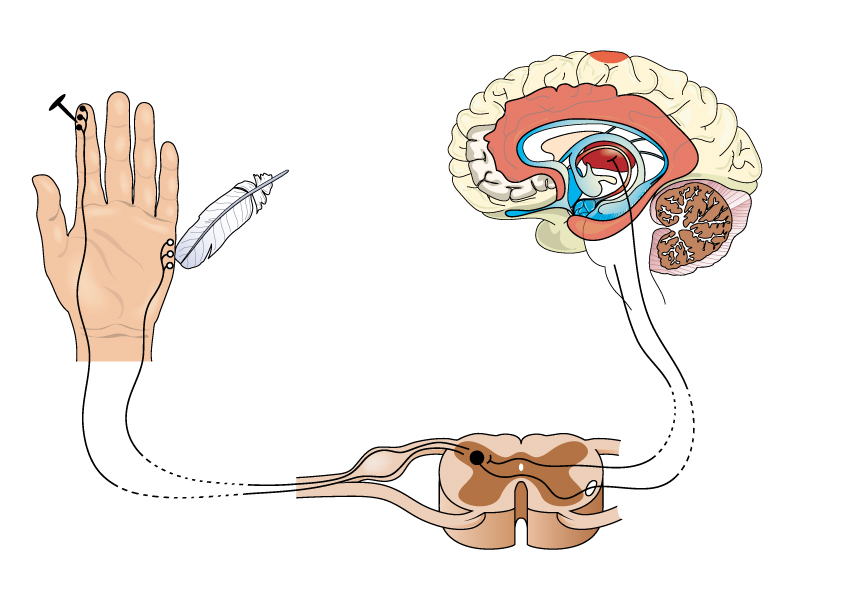Antibiotics are antimicrobial agents that are produced by bacteria and fungi. They represent our most effective therapeutic against bacterial infections. Cancer chemotherapy, organ transplantations, and all invasive surgeries involve the use of antibiotics. Bacterial infection was a major cause of morbidity and mortality before the discovery of antibiotics.
Antibiotic therapy produces selective toxicity. This includes disrupting the bacterial cell wall, targeting enzymes that are unique to bacteria, and disrupting protein synthesis in bacteria. Antibiotics can be bacteriostatic or bactericidal. Bacteriostatic antibiotics stop the growth and replication of bacteria and therefore inhibit the spread of infection. On the other hand, bactericidal antibiotics kill bacteria.
The most common antibiotic is penicillin, which contains a β-lactam ring and promotes cell wall destruction. It is bactericidal and much more effective against bacteria that do not have an outer membrane.
Complications
Antibiotics can have a number of common complications including allergy, serum sickness, the destruction of normal bacterial flora, and bone marrow toxicity.
The misuse of antibiotics is one of the major causes of antibiotic resistance. Misuse can include empiric use, the increased use of broad-spectrum agents, and pediatric use for viral infections.
Antibiotic resistance
Antibiotic resistance refers to bacteria that used to respond to antibiotics but have lost sensitivity over time. It is an enormous concern in medicine as over 70% of bacteria associated with hospital infections show some resistance to at least one antibiotic that was once effective in treating them.
The Boom Health app allows you to find caregivers, book personal services, order prepared meals, rent or purchase medical equipment, get emergency assistance, and schedule transportation. Download the app on the App Store or Google Play Store to get started.
This article is not intended to be a substitute for professional medical advice or diagnosis. Always seek the advice of your physician or another qualified health provider with any questions you may have regarding a medical condition.





